Do you own any intellectual property?
Intellectual assets, more often called intellectual property is anything you know that safeguards your product, service, or brand from copycats.
Business Moats
It can (but not always) be considered part of your moat. If you don’t know what a moat is, it’s that ditch or water that surrounds a castle. You know like in Game of Thrones, the Freys had a castle in The Riverlands. You know, House Frey of Riverrun?!? In business, your moat is the parts of your business that creates some kind of competitive advantage over other companies who do something similar to what you do. Let’s talk about some examples:
Everyone’s favorite company to buy online products from, Amazon, has a strategy to grow by bringing costs down while bringing more suppliers to their customers. You can say companies like Uber and Airbnb have similar moats.
Google’s moat is having the most advanced web search tool. That’s why people say, “I’m going to Google that” versus “I’m going to Bing that.”
Facebook, Instagram, and Tik Tok all found their moats by finding unique ways to build community through media.
Though these are good examples of moats, they aren’t all the same as intellectual property though. These companies just executed better.
Types of Intellectual Property
Here’s some types of intellectual property:
- Patents which protects the way you design or use a product or invention. I learned something new this year. People can even patent plants!
- Trademarks (these can include service marks, logos, and business or trade names)
- Copyrights. Think of works of authorship, like books, articles or whitepapers.
- Domain names are intellectual property. They’re actually digital real estate. Every domain is unique and only one person can own it at a time. You can however sell it, flip it, or rent it just like a real estate property!
- Confidential information which doesn’t require filing with the government. I’ll talk about that later
- For all you tech companies out there, your software code can be intellectual property. Going back to Google, their search algorithm is their intellectual property.
No other person or company should be using your intellectual property for their own gains but you and your company. This is why you must do your part in protecting that intellectual property. I’m sure you’re immediately thinking about filing for a copyright, trademark, or patents (maybe even all of them. Those are ways to safeguard by registering them with the government. It’s not always the best way though.
Cons of Patents
Why this isn’t the best route is because it will cost you money you can use to invest in your business in other ways. The goal as a startup is revenue and profits, right? If that’s the case, why exert time and money when it’s a non revenue generating activity???
Patents expire and they’re also part of public record which will allow anyone to be able to see them. Please know It’s legal to take a patented idea and modify it to the extent that it’s a significant improvement, your competition could then use it or even file a secondary patent called an improvement patent. Now, I’m not going to go into details about the criteria needed to modify a patent but wanted to at least let you know it’s a thing.
I remember when Elon Musk release his patents for Tesla in 2019 which allowed other companies to use the design for their vehicles. His reasoning was for the sake of climate change. I’m sure most of the major car brands were already dissecting one of his cars at the time to see how they could build their version better anyway.
There’s other ways to have intellectual property without breaking the bank.
Trade Secrets
Trade secrets have been a popular way of safeguarding your intellectual property. I always think of KFC’s chicken recipe. I hear it’s literally sitting in a vault with only a few people who have access to it. All who do have to sign confidentiality agreements to not steal or reveal their trade secret or face legal ramifications.
There’s a lot of companies who go the trade secret route…Listerine, WD-40, Twinkies, Mcdonald’s big mac special sauce, Krispy Kreme doughnuts!
Now have you figured out if you have any intellectual assets? Does your intellectual property serve as your business moat? If so, how do you use it to your advantage while standing apart from your competitor. More importantly, what is the value an investor puts on your intellectual property. Place your answers down in the chat. I mean, don’t give me your trade secrets or anything! Anyway, that’s all for today, I’m your host, Adrian T. Marable.
Until next time, and remember, Intellectual property is a key aspect for economic development.

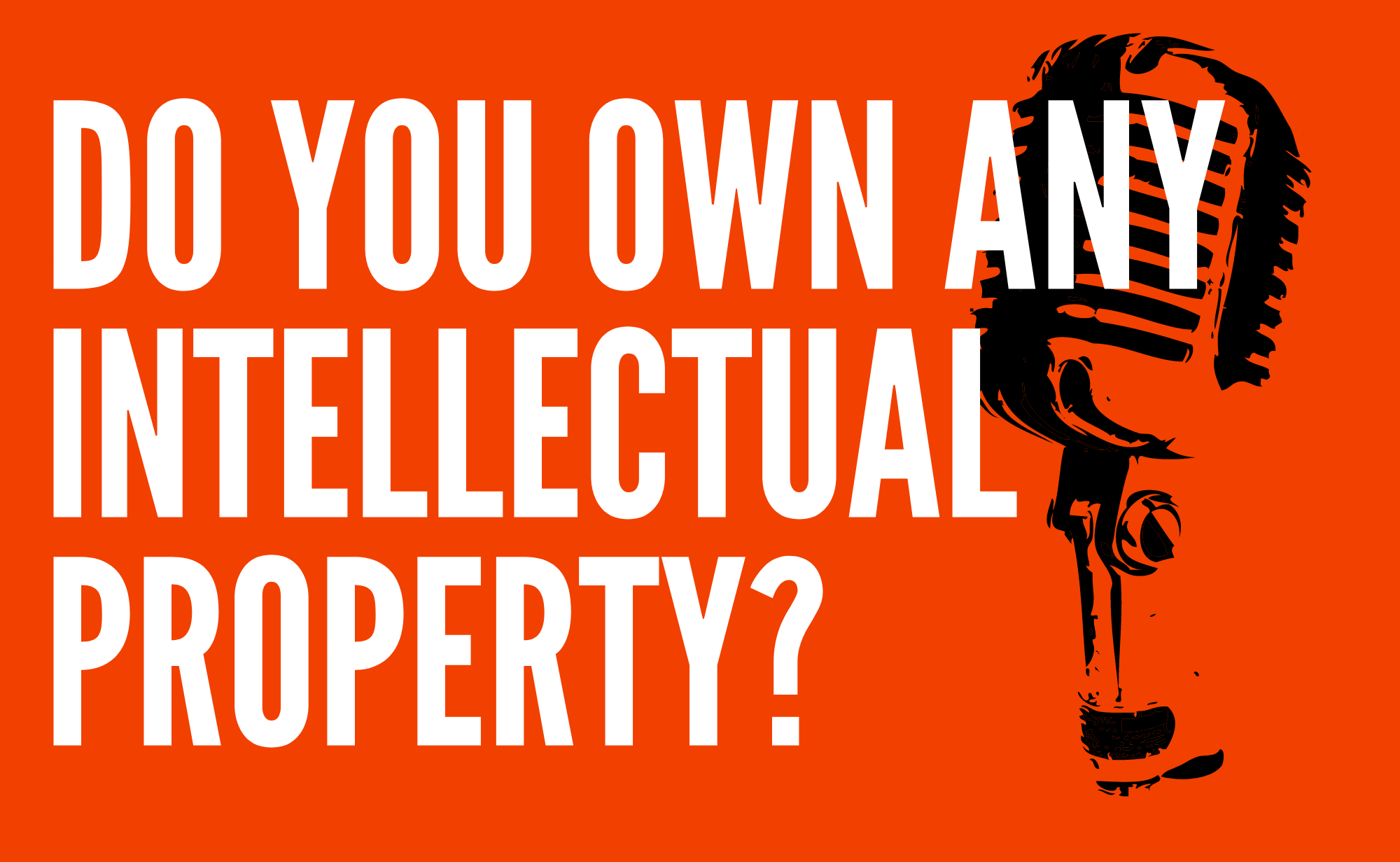
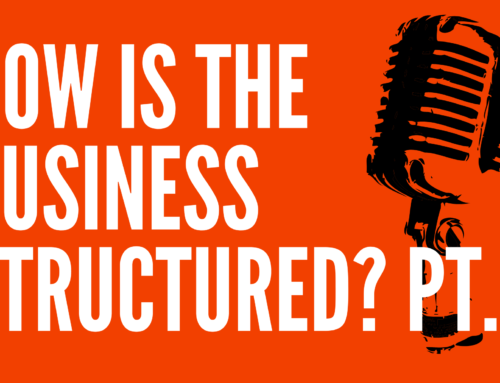
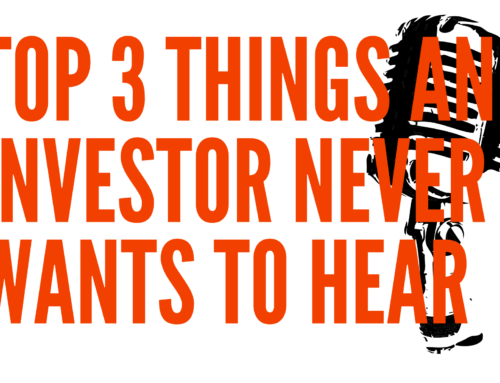
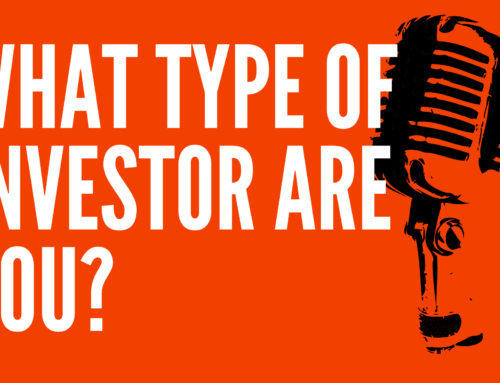
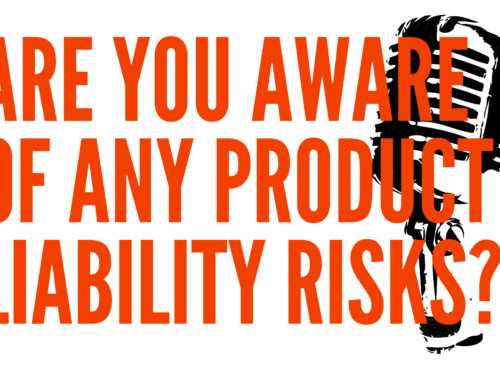
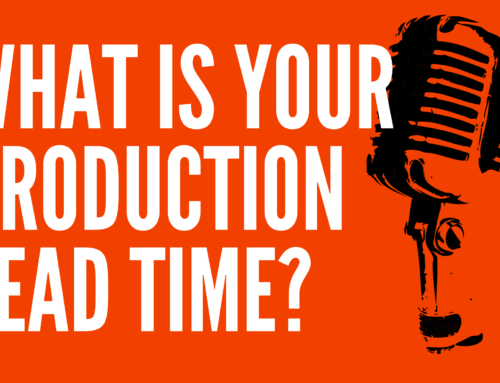
Leave A Comment